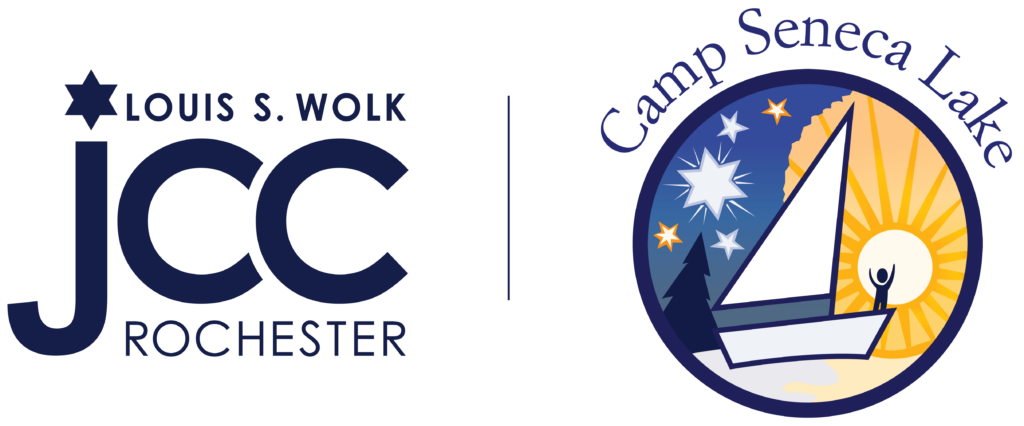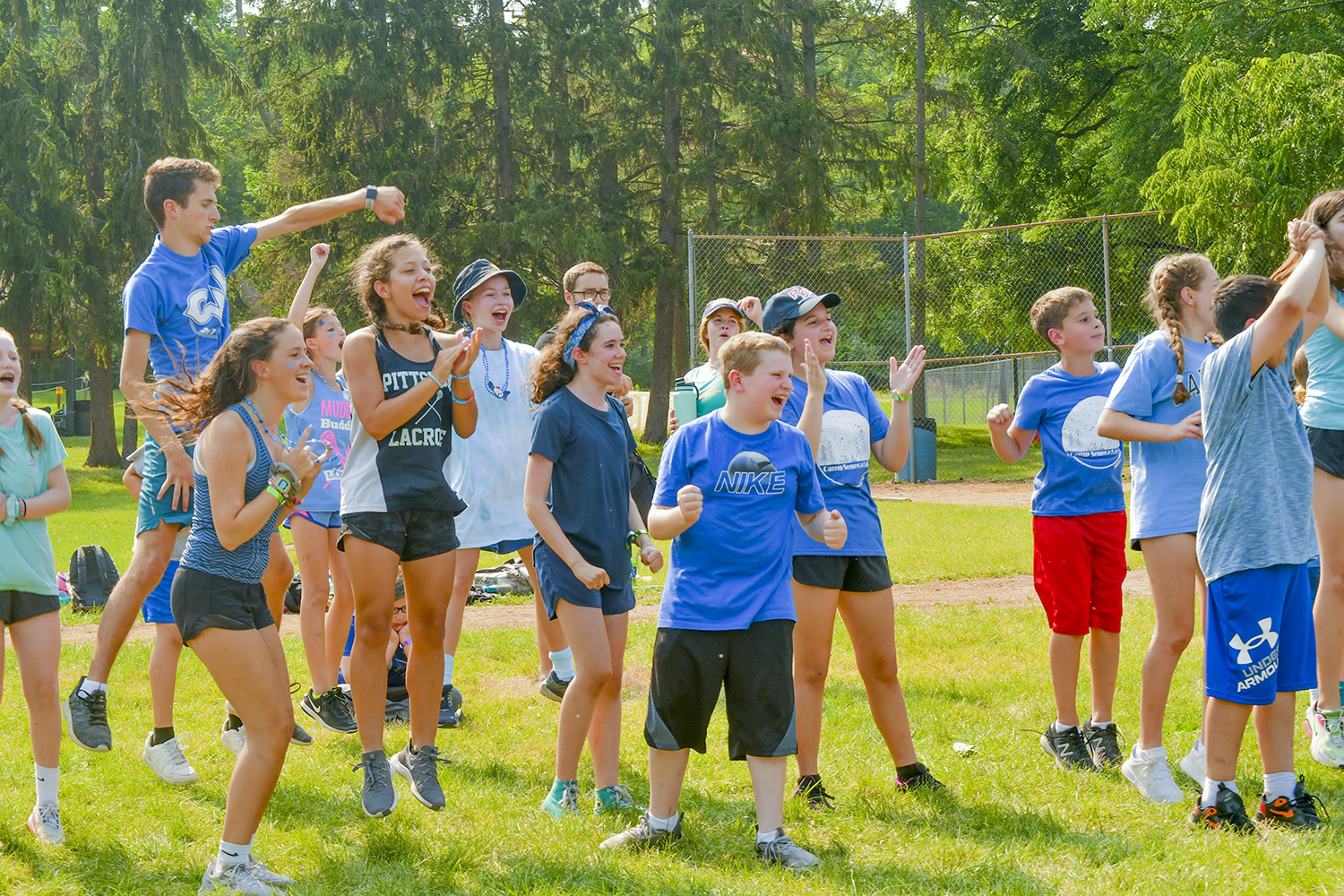Preparing for Camp

LOCATION
- Finger Lakes Region in Upstate NY
- 1 hour from Rochester
WEATHER
- Warm days and cooler nights
- highs 80-85F
- lows 65-70F
Daily Essentials
- Water Bottle
- Sunscreen
- Hat
- Closed-toe shoes
Tips For the school year

Camp is an experience in communal living. There are many great ways to prepare campers before Camp begins. Transitioning to a more independent way of living can be an adjustment for a child. To ease this transition, we recommend trying and practicing the following during the school year.
- Sleepovers with friends
- Tying shoes
- Brushing hair and teeth
- Choosing their outfit and getting dressed
- Putting laundry in a hamper or laundry bag
- Making their bed
Communication

Communication is a priority at CSL and we know this is a two-way street. Summer after summer, we see one of the biggest challenges for families sending their camper to camp for the first time is a change in communication—both in the media of communication and frequency. Not being able to see, talk to, text or have the regular two-way communication between a parent and child can be challenging. We do our best to make this transition seamless, and there are several things as parents you can do to help prepare for this adjustment.
In the spring, families receive the CSL Family Handbook. This outlines all the information you and your camper need to know for the upcoming summer. Included in this handbook, are all the different ways you can communicate with your camper throughout the summer. You can also expect to receive regular communication from CSL in the days and weeks leading up to the summer by email.
All camper families will receive a phone call from their camper’s unit head within the first 72 hours of their camper’s first day of camp to let you know how your camper is adjusting.
Blogs are posted nightly and photos are posted daily so you can get a sense of your camper’s experience.
At CSL, we believe in transparency. If your child is having a difficult time adjusting, feeling unwell or just having a tough time, we will communicate with you. We love working with parents to make sure that their camper has a positive, supportive experience.
Smiling counselors, a welcome sign with their name on it, and a clean cabin are just a few things campers might notice when they arrive at camp. We train our staff to create an instant sense of safety and security for campers upon arrival. Campers can push themselves outside their comfort zones when they inherently feel safe. This allows for genuine personal growth in just a matter of days.
Before campers arrive, our counselors prepare for each individual camper and their unique interests and needs. Staff learn names, faces, favorite activities, and more in preparation for their arrival. Parents, we get this information from you, so please help us by filling out your camp forms on time.
In the spring, camp forms will be sent out that cover a variety of topics. We ask that you complete these to make the best experience possible for your campers. We ask a lot of questions because we want to get to know your camper—their likes, dislikes, habits and major life events or changes. The more we know about your camper, the better equipped we are to understand their needs and do everything possible to make sure they have an amazing camp experience. Information shared on the camp forms and with camp staff remain strictly confidential.
Going beyond the daily blogs and photos you receive, we encourage families to be in communication with your camper. CSL uses a system where campers can receive emails from their families which are printed and delivered daily. Campers are able to write back by hand using specially barcoded forms which allow you to get a response within 24 hours.
Don’t count out the value of real mail or snail mail! Campers love receiving post cards and letters from loved ones. Send your camper with pre-addressed/stamped envelopes to making writing home a breeze. Or, use this as a learning opportunity to teach your camper how to mail a letter at home before they come to camp.
Our Approach to Electronics

Summer camp offers a great opportunity to learn to navigate social situations while not being constantly connected to a digital/virtual world. It is a place for children to develop life skills including independence and self-reliance. Camp gives campers the opportunity to build a “face to face” connected community. We believe the use of cell phones and texting distracts campers from the opportunity to become a part of this community. In order to better facilitate our camp environment, cell phones, laptop computers, portable DVD players, iPad’s, tablets, etc. are not allowed at camp. MP3 players and e-readers are permitted but may only be used inside the cabins during free time. They cannot have video or Internet capability and must be strictly a music/reading device. Full policy details can be found in the Family Handbook which is released each spring.

